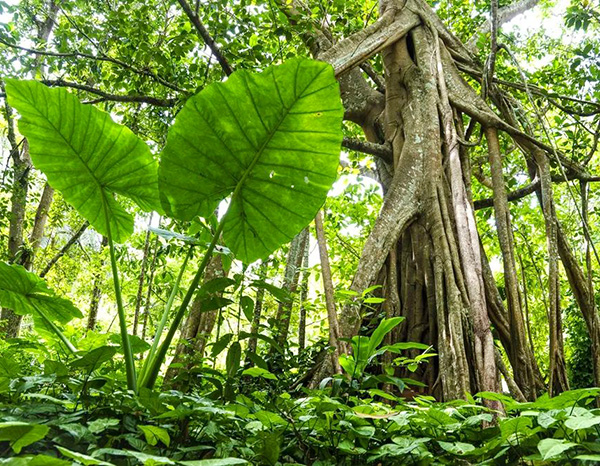Terrestrial plant diversity is vital to human well-being. Many species are used for food, medicine, timber, fiber, and fuel, and many of these uses are species-specific. Plants also dominate the provision of essential ecosystem services. Recent estimates of the proportion of vascular plant species threatened with extinction range from 21% to 44%. However, compared to animals, threats to plant survival and plant conservation have received less support.
In a review published in Trends in Plant Science, Richard Corlett, an emeritus professor of Xishuangbanna Tropical Botanical Garden (XTBG) of the Chinese Academy of Sciences, reviewed the current barriers to successful plant conservation and proposed how to achieve zero extinction, of plant species, preventing all future land plant extinctions worldwide.
"Plants can be conserved in situ, in protected areas, and ex situ, in living collections, seed banks, or cryogenic storage. At least one option is available for all species that need it, but no single method works for all," said Richard Corlett.
At present, there are many problems, including lack of support, incomplete inventories, slow progress in global conservation status assessment, data availability, conservation below the species level, inadequate coverage of threatened plants in protected areas, low size, genetic diversity, and representativeness of living collections, limitations of seed banks, etc.
The plant ecologist suggested training more taxonomists, training more assessors, digitizing all herbarium specimens to create an online global meta-herbarium and extended specimen network, establishing plant micro-reserves, etc.
"It is possible to increase the size, genetic diversity, and representativeness of living collections by coordinating botanical gardens, planting in public green spaces, making additional collections from the wild and supplementing with seed banks and cryobanks," said Prof. Corlett.
Machine learning, citizen science, and new technologies may also mitigate these problems. But the plant ecologist called for setting national and global targets of zero plant extinctions to attract greater support.
"Improving public and formal education, and prioritizing national endemics is also useful," said Prof. Corlett.







